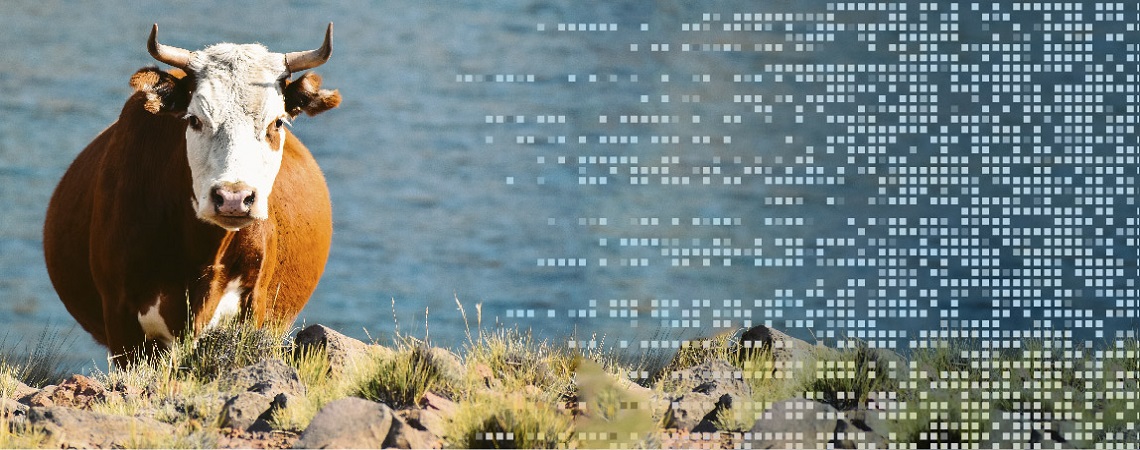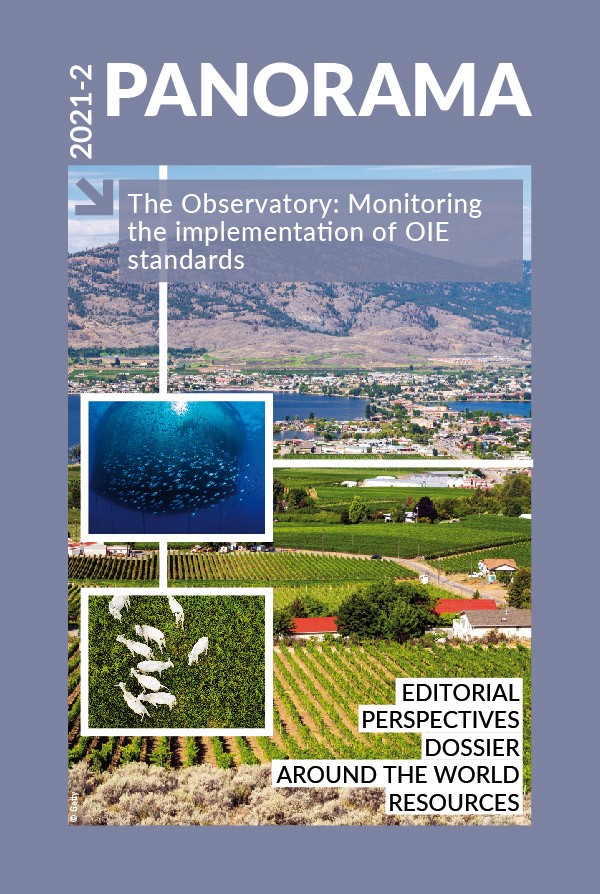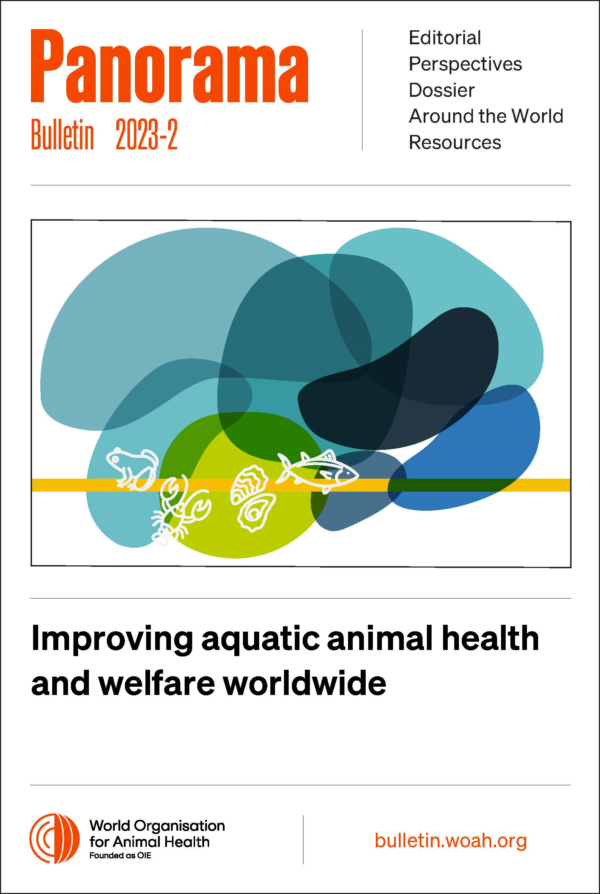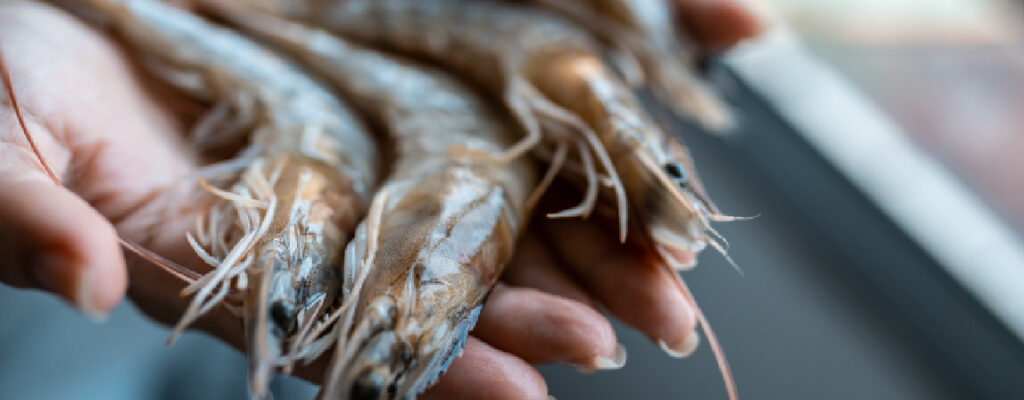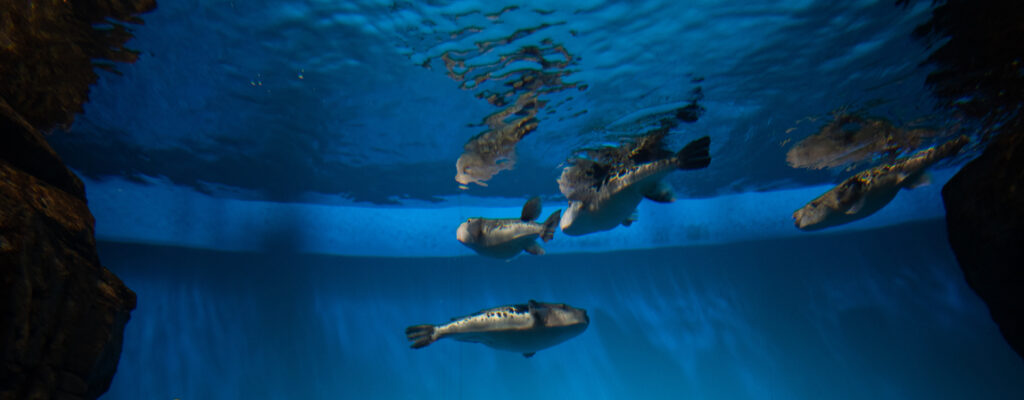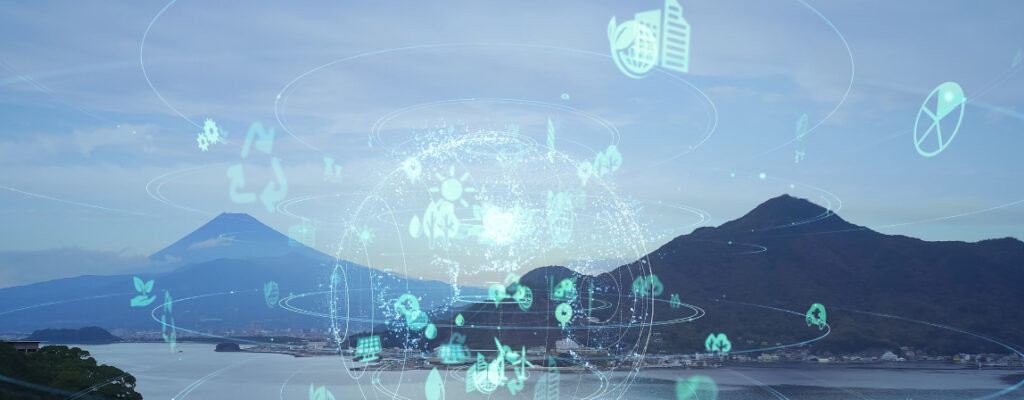Editorial Posted on 2022-07-25 16:57:10
OIE Observatory, for a better understanding of the implementation of OIE international standards
Keywords
The World Organisation for Animal Health (OIE) is recognised as the international organisation that assists national Veterinary Services to improve animal health and welfare by setting international standards to support the safe trade of animals and animal products, and improve the prevention and control of animal diseases and zoonoses. Monitoring the implementation of OIE standards will make a significant contribution towards international cooperation and tackling global challenges.
The OIE has been developing international standards for over six decades, based on the principles of inclusiveness, consensus and transparency. The Organisation must also understand how its international standards are being implemented.
With a greater understanding of their implementation, the OIE will be able to measure the impact of OIE standards, particularly in the context of the United Nations Sustainable Development Goals.
Examining the evidence to address Members’ needs
In adopting Resolution No. 36 at the 86th General Session in 2018, the World Assembly of Delegates recommended that the OIE develop an Observatory to monitor the implementation of OIE standards.
With the establishment of the OIE Observatory, the OIE will be better able to support its Members through the standard-setting process, as well as through targeted capacity-building activities. Information on implementation will inform the way in which the OIE establishes its standards and will ensure that these standards remain consistent with the realities confronting Members. Moreover, it is essential that we have the relevant knowledge to design targeted capacity-building activities for Members who face specific difficulties in implementing OIE standards.
The OIE Observatory will also support evidence-based communication and ultimately promote the wider use of OIE standards by Members.
Building resilience through digital transformation
The Observatory will be based on a data-driven approach so that it becomes a continuous and systematic mechanism for observing and analysing Members’ practices in implementing OIE standards.
The Observatory is an important strategic and long-term project, which forms part of the OIE Seventh Strategic Plan. The Observatory will create a harmonised and standardised framework for analysing the large volume of official data on the implementation of standards, collected by the OIE through different programmes and processes. It will contribute to ensuring that the data held by the OIE are readily accessible, and that they are analysed to generate strategic insights and to create a more agile way of working in response to Members’ needs.
Towards an efficient multilateral system
Supported by the G20 Agriculture Ministers in 2018 and the Global Forum for Food and Agriculture (GFFA) Agriculture Ministers in 2021, the OIE Observatory will promote the implementation of OIE standards and demonstrate the value of an international rules-based system.
The development of the OIE Observatory is aligned with the principles embodied by the Partnership of International Organisations for Effective International Rulemaking initiated by the Organisation for Economic Co-operation and Development (OECD). To tackle global challenges, we must develop stronger and more effective international cooperation.
This edition of Panorama is intended to explain the emerging role of the OIE Observatory, what we have achieved so far, and the vital part played by digital transformation, as well as the synergies that can be gained through the initiatives of other international organisations.
We wish to thank the authors for their contributions and hope you find this issue useful and informative.
Mark Schipp(1) Past President
Monique Éloit, Director General
World Organisation for Animal Health (OIE)
________________________________________
(1) Department of Agriculture, Water and the Environment, Canberra, Australia.
https://doi.org/10.20506/bull.2021.2.3276




